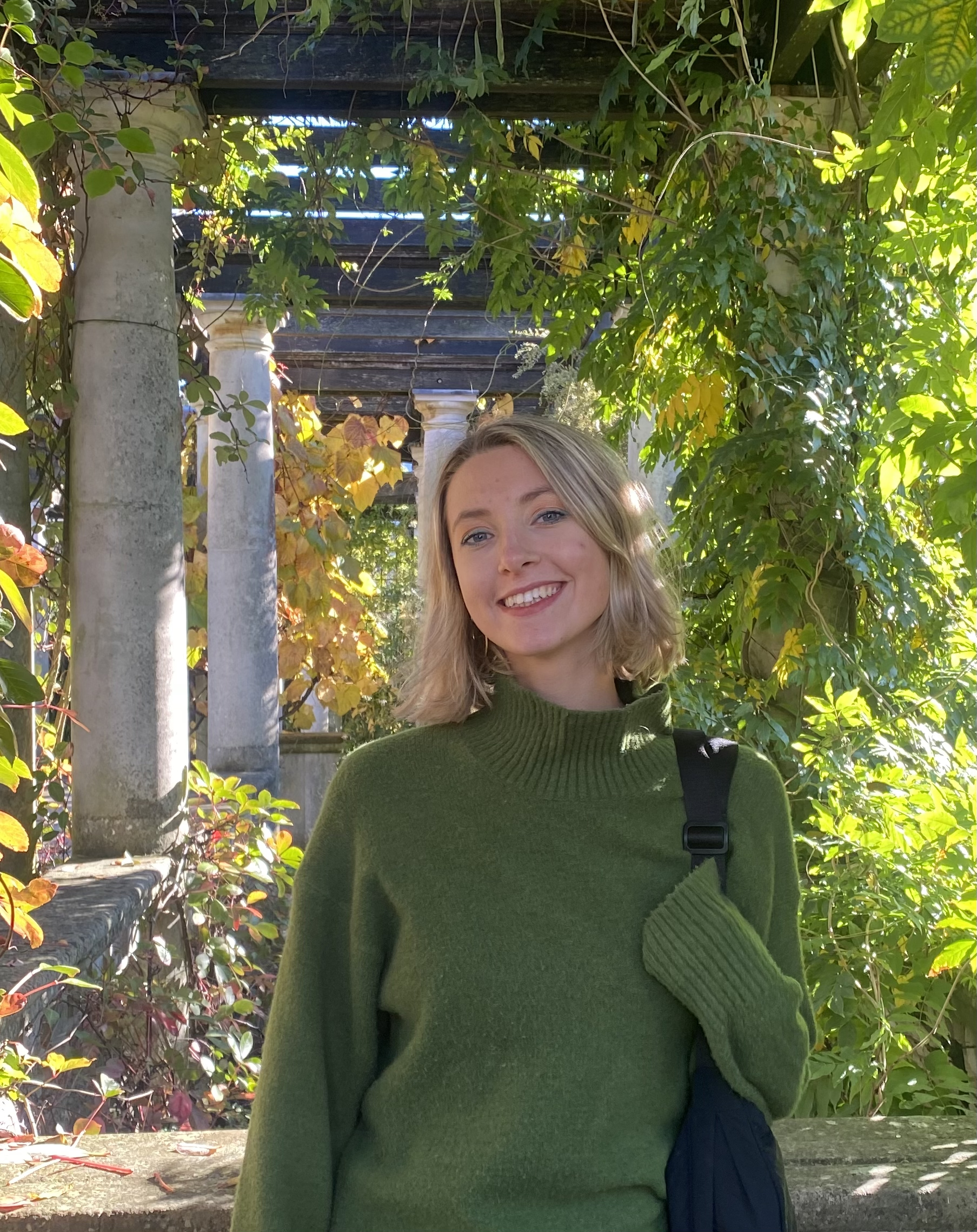
What is your name?
Milly Adams
Where are you from?
Devon, England
To which class you belong to?
MSc Translational Neuroscience, Class of 2024
Where and what did you study before joining Imperial College London?
I studied for a BSc in Liberal Arts and Natural Sciences with a Major in Neuroscience at the University of Birmingham. My main focus was understanding substance addiction on a neurobiological level but also within a broader socio-cultural context of stigma. I strongly believe in interdisciplinary thinking, which is part of what drew me to the course
How did you find your Master experience at the College?
The taught component was intense and fast-paced, but I valued being able to focus on one module at a time. The group projects also helped me make lasting bonds with colleagues. Finishing the coursework by spring meant I could fully immerse myself in the research project and gain a realistic insight into what it’s like to work in a lab. I was also surprised by my experience as I initially planned to pursue a neurobiology project but pivoted towards machine learning and EEG! Something that stood out to me was being surrounded by enthusiastic and curious people working on a wide range of cutting-edge topics, many of which will help to make the world a better place
Which research project did you work on?
I worked in the Centre for Psychedelic Research, investigating the use of baseline EEG data to predict the acute, subjective effects of psychedelic DMT using machine learning methods. Though my project was data-based, I had opportunities to help with data collection and conduct clinical research
Where are you now?
I am in London
What are you working on?
I’m currently applying for Research Assistant positions in Psychedelic research and planning to turn my thesis into a publication with my supervisor. I’m also volunteering with a non-profit, analysing data collected from psilocybin retreats for veterans with a range of psychiatric conditions
What is the most important lesson you learnt as a Master student?
Curiosity will help you achieve your goals. If you choose to study something you love, it feels much less like work! I also learned the importance of making connections in the field and putting yourself out there for opportunities—experiences and conversations can be just as valuable as textbooks. Mentors make a big difference, and people genuinely want to help you succeed
How did the Master programme help you get to where you are now?
The programme provided me with foundational neuroscience knowledge while teaching the skills for independent and creative scientific thinking. The skills I’ve learned in coding and machine learning have opened doors both within computational neuroscience and outside the field. The project helped narrow my research interests and ignited a passion for predictive modelling and precision psychiatry approaches